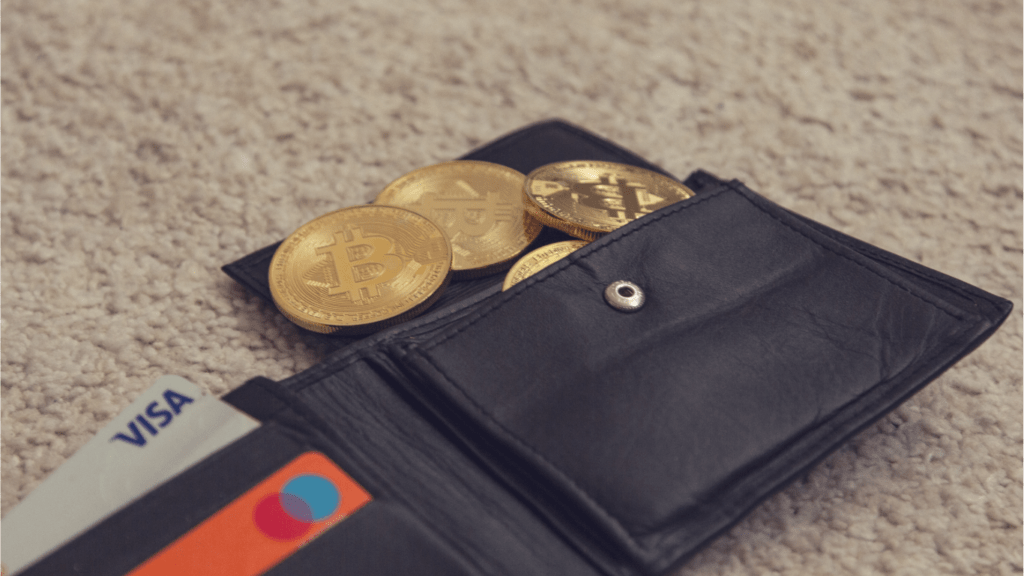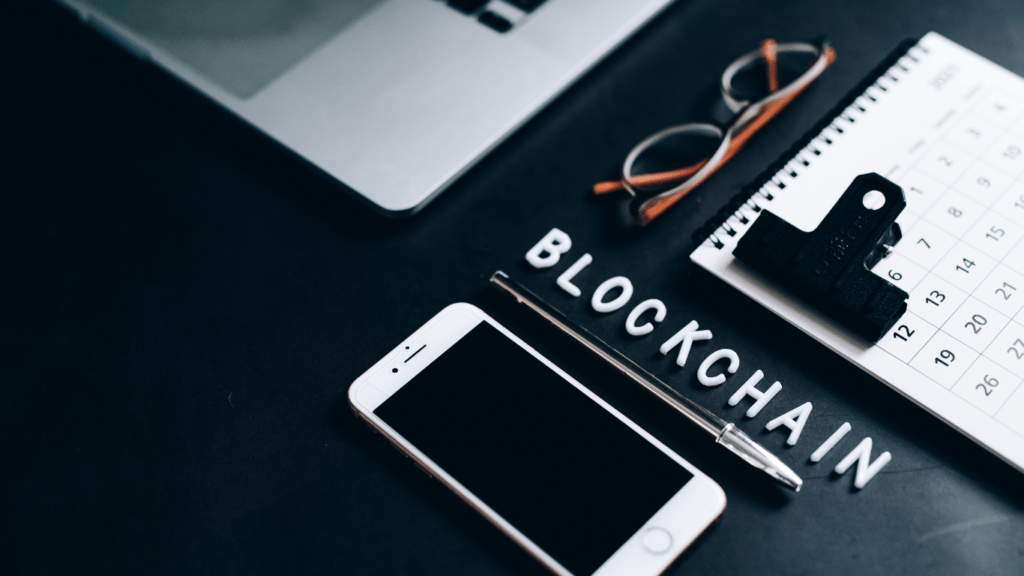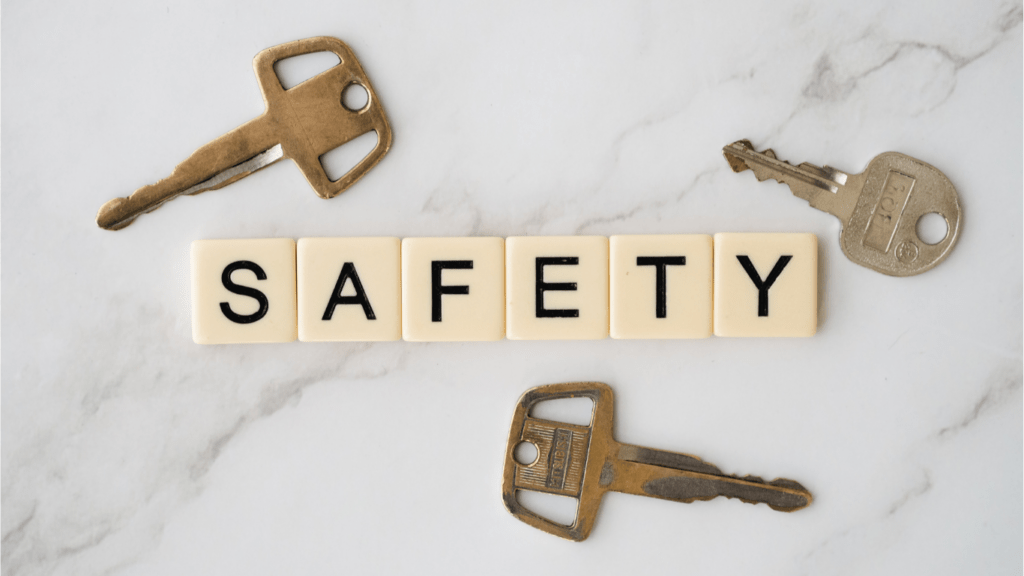Understanding Crypto Wallets
Navigating the world of cryptocurrency requires a solid understanding of crypto wallets. They’re essential tools for managing digital assets.
What Is a Crypto Wallet?
A crypto wallet is a software program designed to store private and public keys that enable you to interact with blockchain networks. It tracks your cryptocurrency balances and lets you send and receive digital currencies like Bitcoin or Ethereum.
However, the wallet itself doesn’t store the actual coins but provides the interface to access the blockchain where the assets reside.
Types of Crypto Wallets
Crypto wallets come in various forms, each catering to different needs and preferences:
- Hardware Wallets: Physical devices, such as Ledger Nano S and Trezor, known for high security. They store keys offline, making them less vulnerable to hacks.
- Software Wallets: Applications installed on devices like smartphones or computers. Examples include Exodus and Electrum. These offer ease of access and are great for regular transactions.
- Web Wallets: Online wallets accessible through web browsers. Coinbase and MetaMask are popular choices. They offer convenience but require trust in the provider’s security measures.
- Paper Wallets: Physical printouts or handwritten records of keys. They are immune to online hacks but are susceptible to physical damage or loss.
Each type provides distinct security levels and accessibility options, allowing users to choose based on their specific needs and risk tolerance.
Security Features
Security stands as the cornerstone of any good crypto wallet. Ensuring robust protection can prevent losses and unauthorized access.
Two-Factor Authentication
Two-Factor Authentication (2FA) adds a second layer of security to the login process. This typically involves linking your account to a device like a smartphone.
When you log in, you’ll enter your password and then confirm your identity with a code sent to your phone. This process significantly reduces the risk of unauthorized access, as an attacker must have your phone and password. Many reputable wallets, like Coinbase and Binance, offer this feature.
Multi-Signature Support
Multi-Signature (Multi-Sig) Support requires multiple keys to authorize a transaction. Instead of relying on a single private key, Multi-Sig wallets necessitate multiple parties to approve transactions.
This feature is particularly useful for businesses and joint accounts. For example, a wallet might require two out of three signatures to process a transaction, adding a layer of security. Providers like Electrum and Trezor often support Multi-Sig setups.
Enhanced security features, such as 2FA and Multi-Sig support, are essential for safeguarding digital assets. These mechanisms help ensure that sensitive information remains protected and transactions stay secure.
User Experience
User experience is crucial in a crypto wallet. It impacts how efficiently users manage their digital assets.
Ease of Use
Ease of use defines a crypto wallet’s accessibility. A straightforward setup process is essential for both newcomers and experienced traders. Clear instructions and prompts expedite wallet creation, reducing errors. Additionally, intuitive navigation helps users perform transactions quickly. For example, wallets like Exodus and Mycelium simplify complex actions, enhancing overall user satisfaction.
User Interface Design
User interface design shapes the visual and interactive aspects of a wallet. A clean, organized layout ensures users find necessary features without confusion.
Consistent design elements, such as simple icons and readable fonts, improve usability. For instance, Ledger’s interface provides a seamless experience by prioritizing essential functionalities and minimizing clutter.
Compatibility and Integration
Finding a crypto wallet that offers compatibility and integration features is essential. These elements ensure your wallet meets diverse needs, making it versatile and practical for daily use.
Supporting Multiple Cryptocurrencies
A good crypto wallet supports multiple cryptocurrencies. This feature saves time and reduces the need for multiple wallets. For example, wallets like Coinomi and Trust Wallet support over 100 cryptocurrencies, including:
- Bitcoin
- Ethereum
- Litecoin
This broad support simplifies asset management for traders and investors alike, providing a consolidated platform for storing and transacting various digital assets.
Compatibility With Different Operating Systems

Compatibility with different operating systems ensures you can use your crypto wallet on any device. Top wallets like Exodus and Atomic Wallet offer versions for Windows, macOS, Linux, iOS, and Android.
This cross-platform availability guarantees that you can access and manage your digital assets whether you’re on a desktop or a mobile device. Furthermore, synchronized interfaces across devices enhance the user experience by providing a consistent environment.
Backup and Recovery
A robust backup and recovery feature is vital when choosing a crypto wallet. Proper backup mechanisms ensure that users can recover their assets.
Seed Phrase Generation and Management
Seed phrase generation lets users securely back up their crypto wallets. These phrases consist of 12 to 24 random words generated during wallet setup.
Storing this phrase securely offline is crucial, as it can restore the wallet on any compatible device. Wallets like Ledger, Trezor, and MetaMask offer clear instructions on generating and storing seed phrases, emphasizing their importance.
Encrypted Backup Options
Encrypted backup options add an extra layer of security to the backup process. By encrypting wallet backups, users protect their assets from unauthorized access.
Many wallets let users create encrypted backups stored on external drives or cloud storage services. Encrypted backups ensure that even if the storage medium is compromised, the wallet contents remain secure.
Wallets like Mycelium and Atomic Wallet provide straightforward encrypted backup solutions, enhancing overall asset security.
Additional Features
Exploring additional features in a crypto wallet can significantly enhance functionality and usage. Consider these for a comprehensive experience.
Built-in Exchange Services
Built-in exchange services in a crypto wallet streamline the trading process. Users can swap one cryptocurrency for another directly within the wallet, avoiding the need for third-party platforms.
For instance, wallets like Exodus and Trust Wallet offer this feature, providing convenience and saving time for users.
This built-in functionality ensures faster transactions, offers competitive rates, and enhances the overall user experience by keeping everything in one place.
DeFi Access and Integration
DeFi access and integration allow users to engage with decentralized finance platforms directly from their crypto wallets. This feature offers access to various DeFi services like staking, lending, and liquidity pools.
Wallets such as MetaMask and Trust Wallet integrate seamlessly with DeFi platforms, supporting activities like earning interest on holdings or participating in governance voting.
This integration eliminates the need for multiple applications, simplifying access to innovative financial services.






